
Australia was “rescued” by strong Chinese demand and helped by later government changes in both in Canberra and in the biggest problem area, Victoria.
China does not have those escape routes. President Xi Jinping does not seem to be going anywhere and the only country with the size to “rescue” China, the US, is reducing its dependence on China.
Recent bad news out of China saw the Australian dollar teeter on the edge of US64c. It has since recovered slightly, but the fall was a reminder that our fortunes depend on Chinese demand for iron ore and other commodities.
We might be building up our defence ties with the US, but our prosperity is linked to China and what is happening there.
And because the Chinese economy is the world’s second largest, the global economy’s growth rates also depend on China finding a way out of its current slump.
Both the 1989 Australian economy and the 2023 Chinese one were hit with deep property crises created by over speculation and fanned by heavy borrowing.
The Chinese crisis was created by speculators buying apartments that could not be built because of the financial problems of the developers.
Similarly, our crash came after unlimited credit had been sprayed into both residential and commercial property.
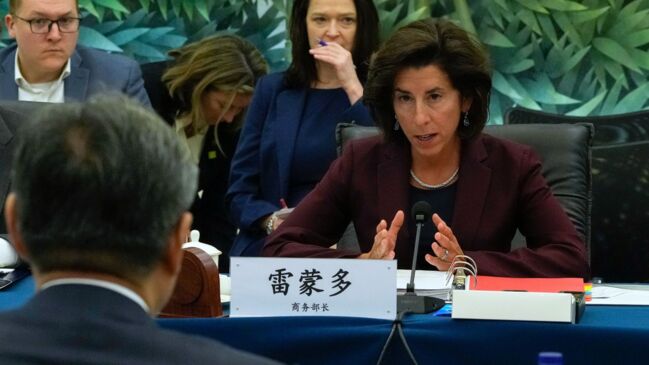
In both countries, property developers began collapsing, and the financial institutions that had financed them were therefore in a perilous position.
In Australia, both Westpac and ANZ banks went close to collapse, while the State Bank of Victoria would have collapsed but for a takeover by the Commonwealth Bank, which at that stage was owned by the federal government.
Kerry Packer almost gained control of Westpac.
In China, a large number of smaller banking institutions are now under great pressure because of their loans to failed or failing property developers.
Local Chinese governments have borrowed heavily and are hooked on the revenue created by the boom.
Unlike Australia of 1989, there is no serious inflation in China in 2023, but in both situations the instability of the banking system created great fear in the community and smashed consumer and business confidence.
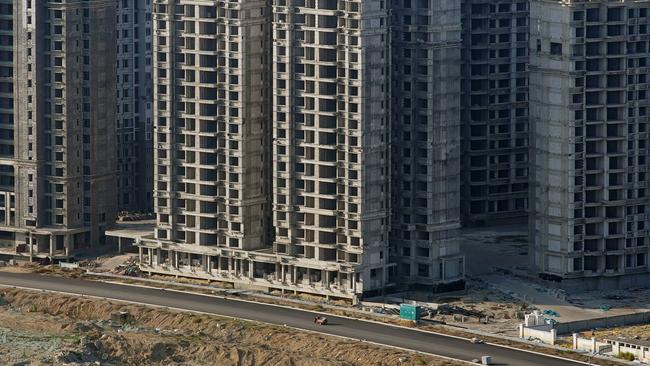
Confidence was further smashed by the fall in property and share values.
In Australia, property values fell between 20 and 50 per cent. The property falls in China have not been as severe but consumer confidence is battered and, as normally occurs in such situations, the Chinese are saving more money rather than engaging in consumer spending.
Chinese business is suffering blows that were not inflicted on Australia’s 1989 enterprises.
For political reasons, the government has curbed entrepreneurial activity, including parts of its high-technology sector.
That has led to a sharp fall in business confidence and investment plus exploding youth unemployment, which is dangerous for long term stability in an authoritarian regime like China.
Nevertheless, the Chinese approach to its crisis embraces the strong, harsh medicine methods used in the US.
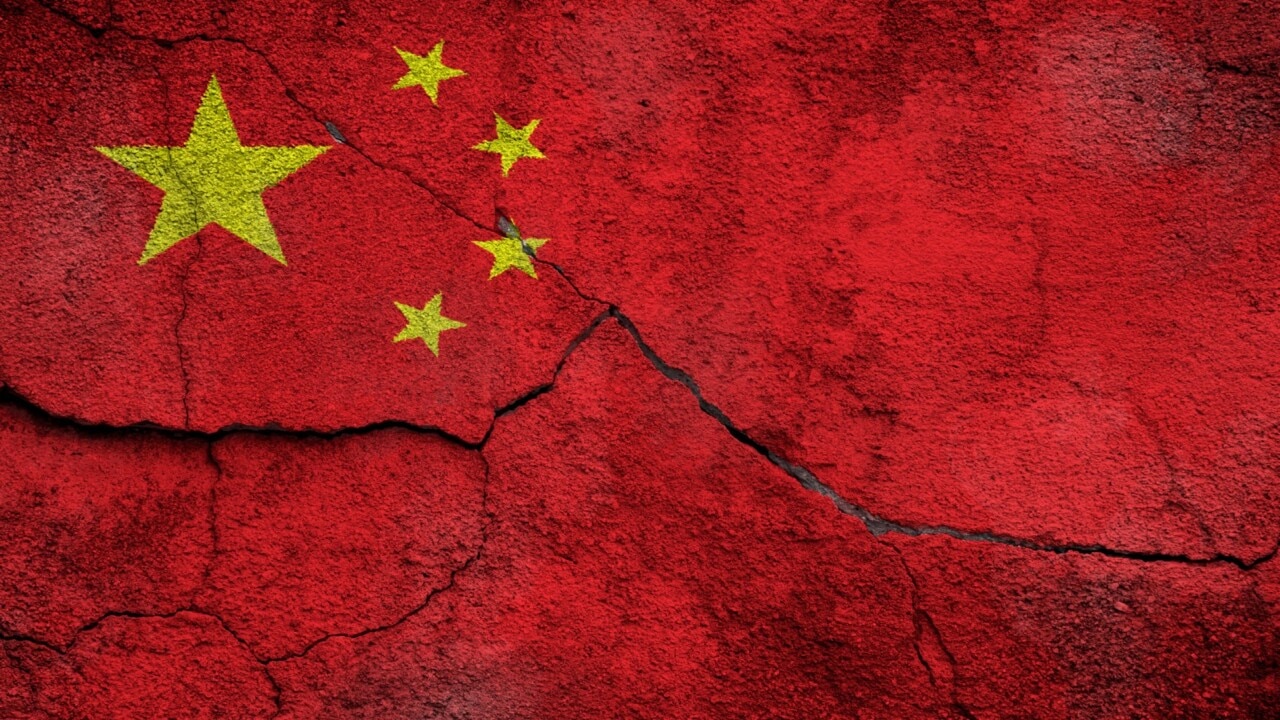
In contrast, when countries like Japan hit a financial crisis, they pretend that it does not exist, so it takes a lot longer to solve.
China defined the base of its property crisis as one where vast numbers of its population had purchased apartments on low deposits and those apartments had not and could not be built, usually because the developers were insolvent.
The government has stepped in and is completing the apartments at a rapid pace, which is why demand for our iron ore has so far held strong.
But those property developers who could not complete their apartment building tasks have either been allowed to fail or seen the rug pulled out from under them.
It is a brutal process.
During 2024 and 2025 the process of building most of these apartments will be completed and because very few apartments are now being sold there will be a sharp fall in building activity and, as a result, demand for iron ore.
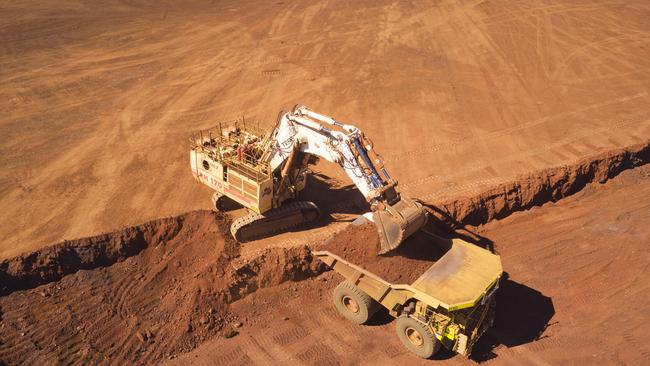
The stimulatory measures that China is now planning are therefore vital for both China and Australia. Where confidence in a community has been smashed, it is not easy for the government, which was part of the crash and its aftermath, to restore confidence. And in China, the level of consumer confidence has been further hit by the botched handling of the Covid crisis
Government change was important in the Australian recovery, but is not an option in China.
But China is beginning to take the steps required to reduce dependence on the US by forging much closer ties with the Middle East and Africa.
It has even opened up a dialogue to try and settle the long-running dispute with India over the Himalayan borders.
That will not be easy, but if it was achieved it would enable China to increase trade with India and perhaps convince India not to move too deep into the US block.
And of course, if settlement could be reached in the Ukraine war it would open up more Chinese access to Europe, including the Xi Jinping dream of a fast train from eastern China to Europe.



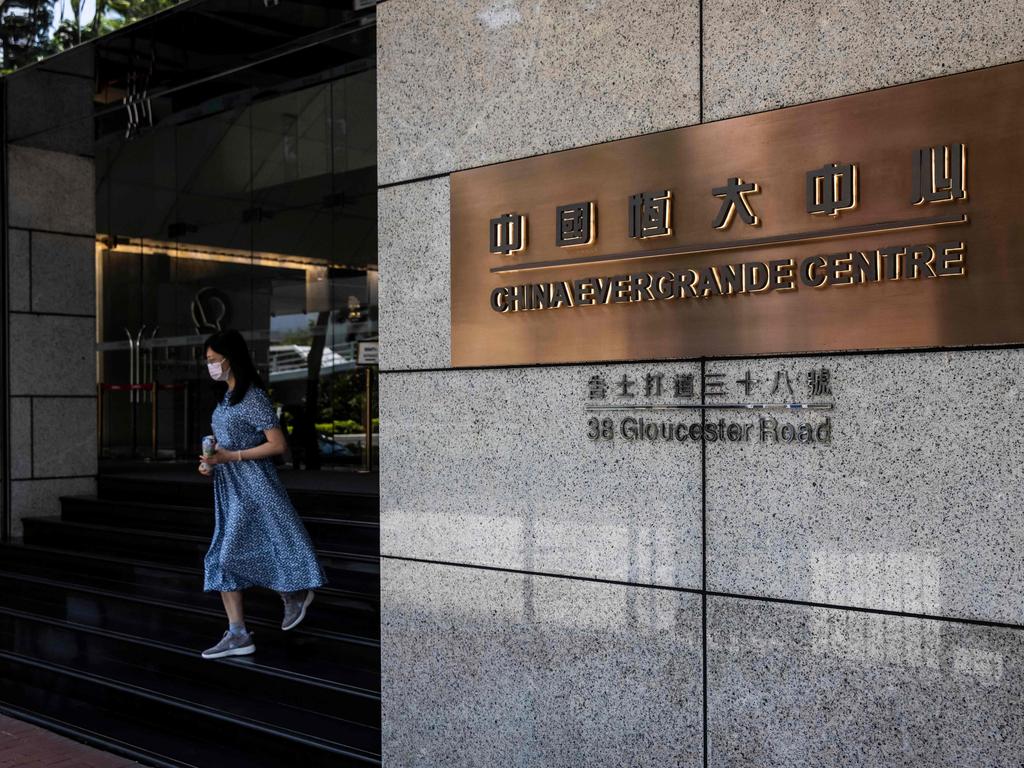




What is happening now in China is very similar to what happened in Australia in the years after the 1987-89 crash.